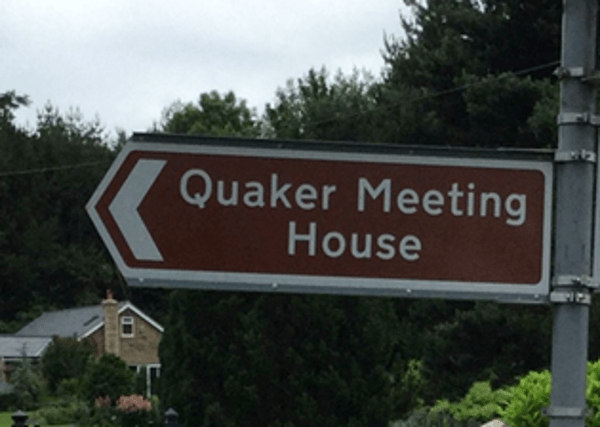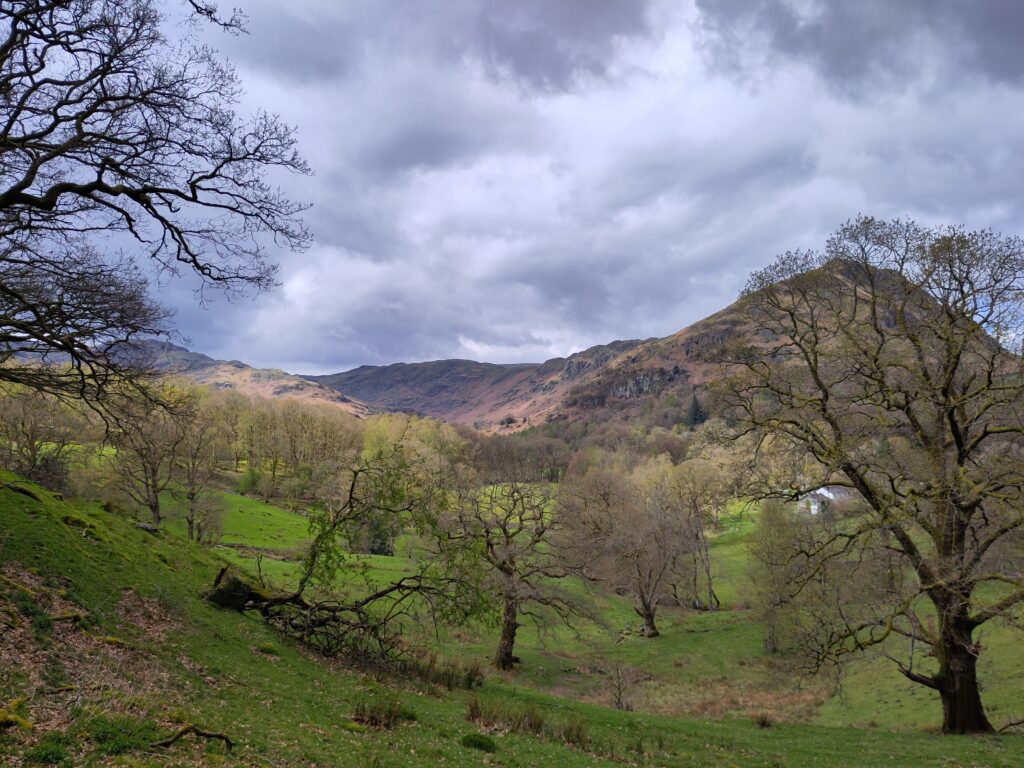In light of everything that’s happened in 2020 Maud Grainger asks what the purpose of a Quaker meeting house is.

I remember the exact moment my relationship to a building, in terms of a place of worship, changed. It was a day conference on climate in London and I had headed down with fairly low expectations. One of the speakers started talking about the legacy those who designed or chose the buildings of the past intended to leave to the communities of now; that it wasn’t buildings that may become listed, in need of major repairs and upkeep, or buildings that look pretty but do not serve the needs of the faith community. I had not thought of buildings as a burden before, but once I had seen them this way, it stuck. I guess I had not seen the burden because at the time I had not been responsible for one, or ever thought I would.
2020 has been a year we won’t forget in a while; in a time of immense upheaval, we can see the openings of change – the chance to reflect, evaluate, change our minds and change our behaviours.
What’s the point of a Quaker Meeting house?
There are around 350 meeting houses in Britain, many of which have sat empty this year – a year when we have had to skill up and find new ways to create worshipping communities beyond the bricks and mortar of our buildings. Is this then a time to consider what our Meeting Houses mean to us and whether they are serving the needs of the community, or are we serving the needs of the Meeting House?
What purpose do Meeting Houses serve?
- They are visible buildings in the community that signal our presence.
This is true of some meeting houses, but not all. Some are almost hidden around the corner and many are walked by, without being noticed. How many people have found Quakers this year? In a year when many of our Meeting Houses have been shut and when many of us have stayed home.
- They hold our history
We are blessed as a community with buildings, some of which have been there since our beginnings, and for some they are precious. Our discipline tells us we have no sacred buildings, yet have some buildings taken on a level of sacredness? Perhaps some of our buildings hold a part of our history that is not widely known, such as the building of Friends House which instigated the first campaign to protect green spaces after a local campaign to prevent Friends House from being built.
- They allow us freedom to hold worship / events as we like
This is true, unless of course we want to run an event when the Meeting House is being hired. What have we learnt this year? That Meetings can happen virtually, that we can hire places or meet out of doors.
If we are looking for what serves our community, the community of today, then what do we want?
Questions we need to ask
Do we need to start asking some searching questions about the role property plays in the life of the Meeting and in the life of Quaker communities?
Do we want our buildings, and do we want to keep them all?
Do our buildings serve the existing community or are we trying to fit and squeeze into buildings that just don’t work anymore?
What legacy of property do we want to pass onto future generations of Friends?
How do meeting houses fit into our commitment to being a low carbon community?
The theology of Quaker Meeting Houses
Recently Ben Pink Dandelion posed some thoughts on the theology and role of Meeting Houses in which he shared that originally the theology of the Meeting House was that it was just like any other building and that we can worship anywhere. As Quakerism grew and settled, we became more presentable and assimilated. With this came the rights to worship and we saw the steady stream of Meeting Houses being built.
Ben asks, what do Meeting Houses give us and what do they take away from us? He is not suggesting we all get up and sell our properties – but that now is a good time to raise these questions.
What is your response to these questions and reflections?
If you would like a facilitated session to explore these questions with your Quaker Meeting – please contact learning@woodbrooke.org.uk. Properties will play a part in our move to a low carbon future. What changes are we ready to make?



